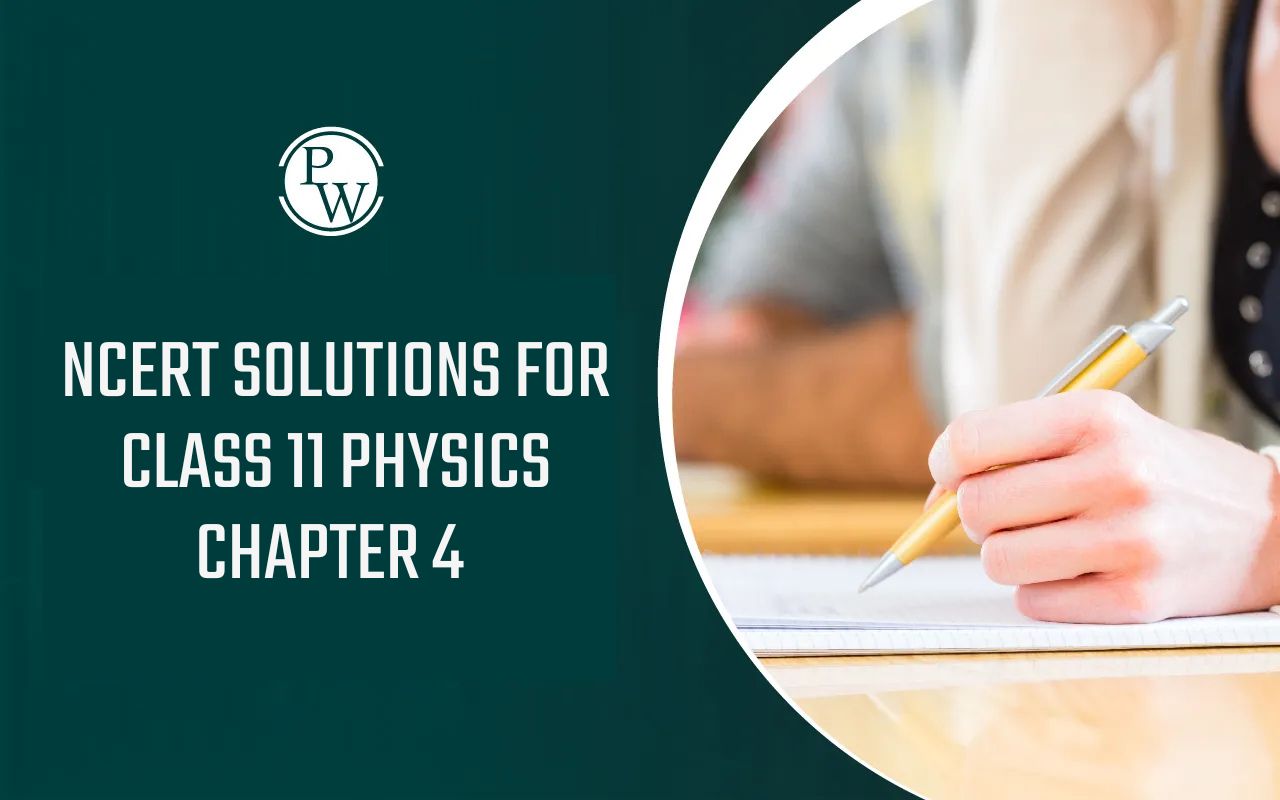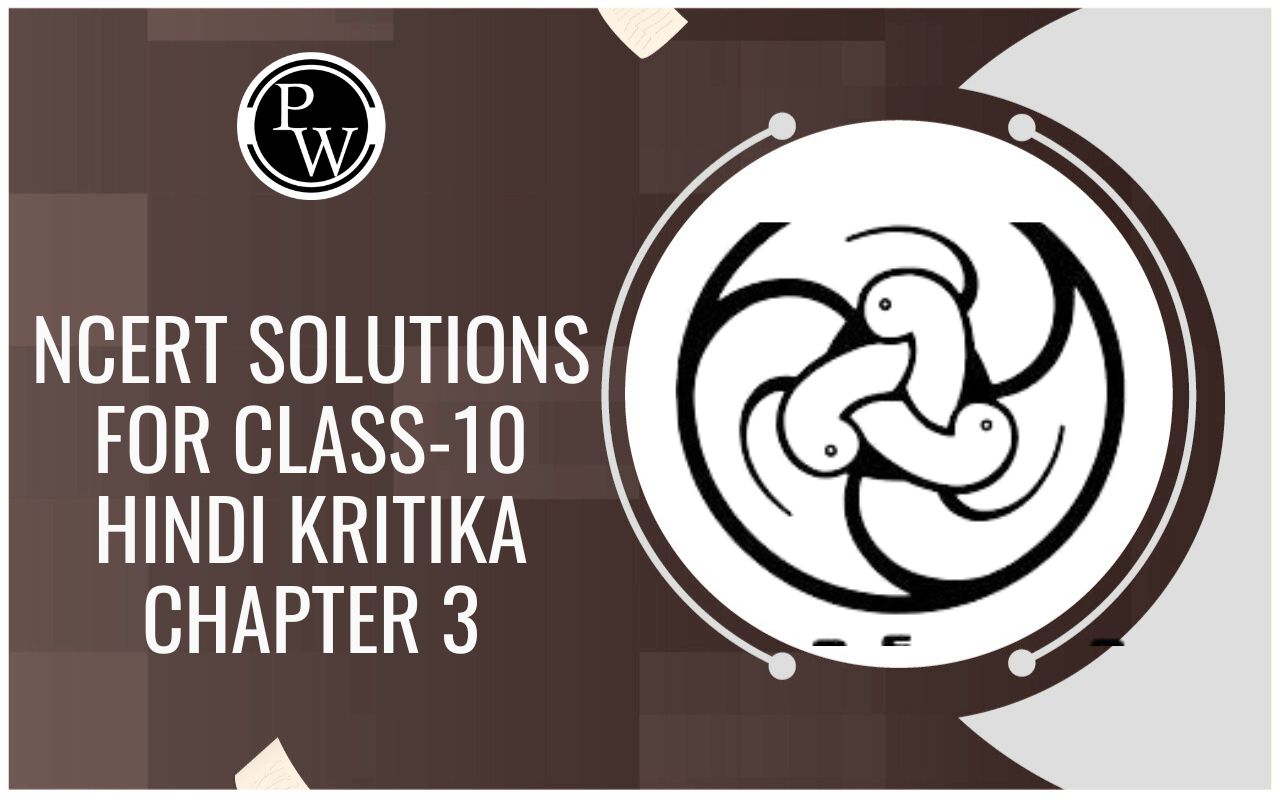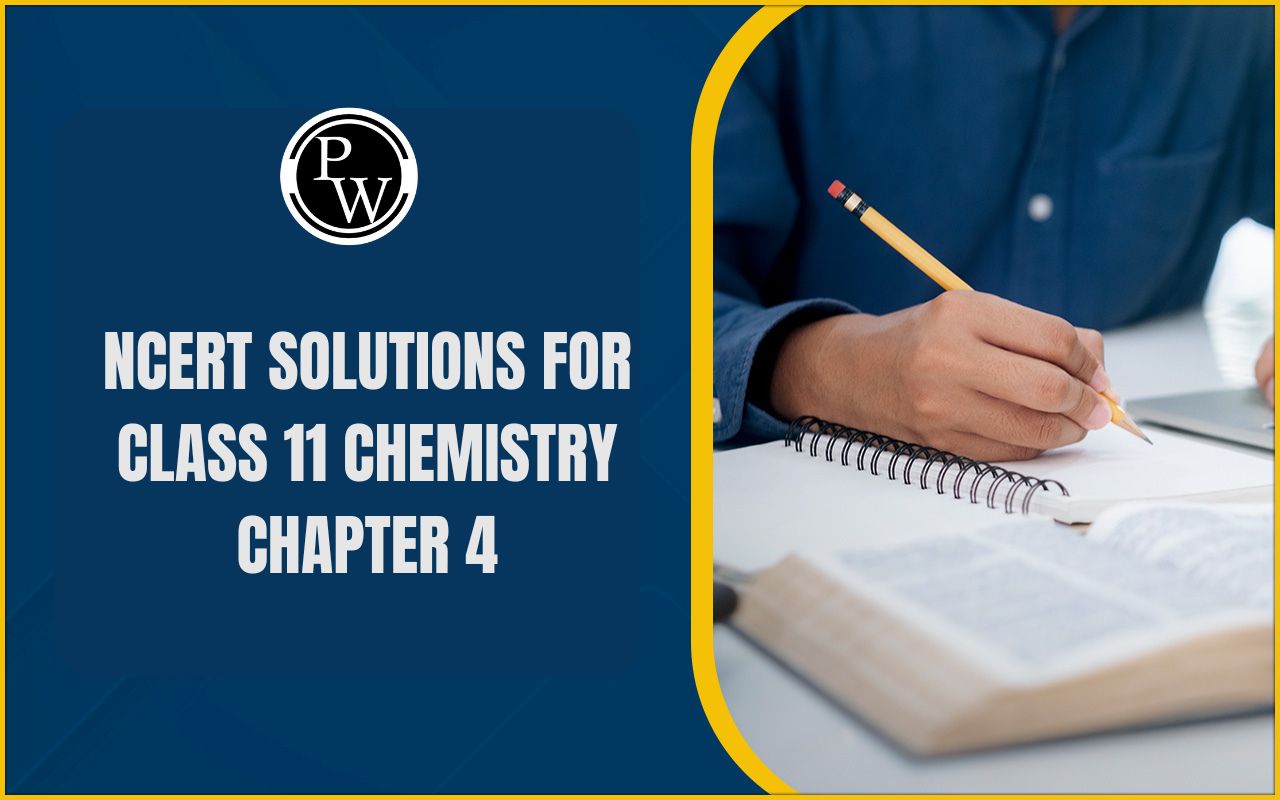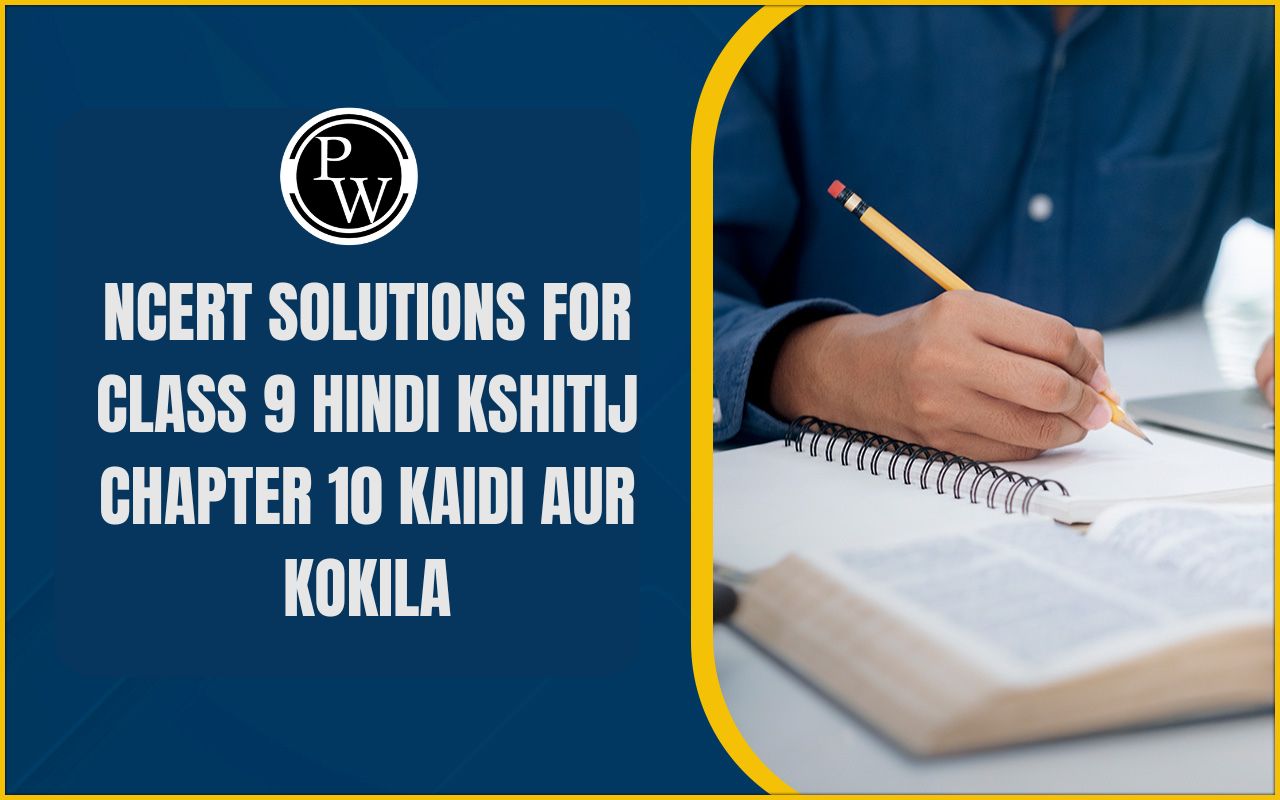
Print And Censorship
Print Culture And The Modern World of Class 10
Print And Censorship
➢ Before 1798, the colonial state under the East India Company was not too concerned with censorship.
➢ Early measures to control printed matter were directed against Englishmen in India who were critical of Company misrule and hated the actions of particular Company officers.
➢ The Company was worried that such criticisms might be used by its critics in England to attack its trade monopoly in India.
➢ By the 1820s, the Calcutta Supreme Court passed certain regulations to control press freedom and the Company began encouraging publication of newspapers that would celebrate British rule.
➢ In 1835, faced with urgent petitions by editors of English and vernacular newspapers, Governor-General Bentinck agreed to revise press laws. Thomas Macaulay, a liberal colonial official, formulated new rules that restored the earlier freedoms.
➢ After the revolt of 1857, the attitude to freedom of the press changed. Enraged Englishmen demanded a clamp down on the ‘native’ press.
➢ As vernacular newspapers became assertively nationalist, the colonial government began debating measures of stringent control. Local news paper started criticizing British rule.
➢ In 1878, the Vernacular Press Act was passed, modelled on the Irish Press Laws. It provided the government with extensive rights to censor reports and editorials in the vernacular press.
➢ From now on the government kept regular track of the vernacular newspapers published in different provinces.
➢ When a report was judged as seditious, the newspaper was warned, and if the warning was ignored, the press was liable to be seized and the printing machinery confiscated.
➢ Number of Nationalist Newspapers were increasing despite repressive measures taken by the British govt. all over India.
➢ Attempts to block nationalist criticism provoked militant protest.
➢ When Punjab revolutionaries were deported in 1907, Bal Gangadhar Tilak wrote with great sympathy about them in his Kesari. This led to his imprisonment in 1908, provoking in turn widespread protests all over India.







